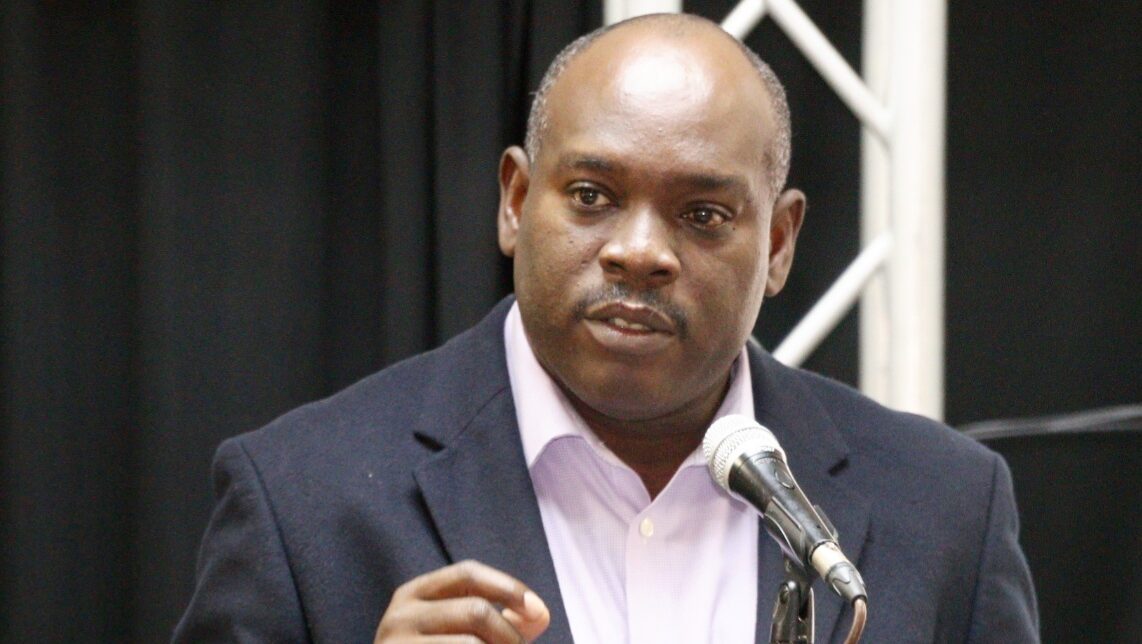Barbados Secures £300 Million Low-Cost Loan from UK Government for Climate Resilience and Economic Sustainability

June 7, 2024
Barbados secures a £300 million loan from the UK to enhance climate resilience and boost exports. The funding supports infrastructure development and food security initiatives in the region.
Barbados has gained a significant low-cost loan from the British government amounting to three-quarters of a billion dollars to bolster its climate resilience efforts and economic sustainability ambitions, Minister in the Ministry of Finance and Economic Affairs Ryan Straughn has announced.
He revealed that the United Kingdom Export Finance Agency has made available £300 million (about BDS$773 million) in loan financing to aid the Caribbean island in building climate-resilient infrastructure and boosting exports.
“Last October, we received correspondence from the British government indicating that based on the progress of Barbados’ programmes, they are prepared to make available £300 million in loan financing. This funding is intended to support not only climate-resilient programmes but also initiatives to boost our exports,” he told Barbados TODAY.
Straughn stressed the importance of this support within the broader regional context, where Caribbean Community (CARICOM) nations have pledged to reduce the food import bill by 20 per cent to 25 per cent by 2025.
Part of that commitment involves setting up a food terminal here to process agricultural products, he noted.
The minister outlined several priority areas for utilising the British funding, emphasising the lending’s concessionary terms.
“It is concessional lending, and therefore we welcome that opportunity. So we’ve been meeting with the ministries and agencies in the private sector to see how best we can utilise access to those resources, because in order for Barbados to become climate resilient by 2030, it is not just the physical infrastructure, but it is also related to how the economy is going to become more resilient,” he said.
Citing food security as “an absolute necessity”, Straughn added: “As we’ve seen in the last few years with a range of issues with logistics globally, it is important that we establish a greater level of food security and therefore greater investment within agriculture.
“We’ll be part of that, but also have the opportunity to expand on additional industrial infrastructure. So expanding the footprint of BIDC [Barbados Investment and Development Corporation] to be able to do and attract more investment is one of the areas that we want to see how we can utilise those resources.”


